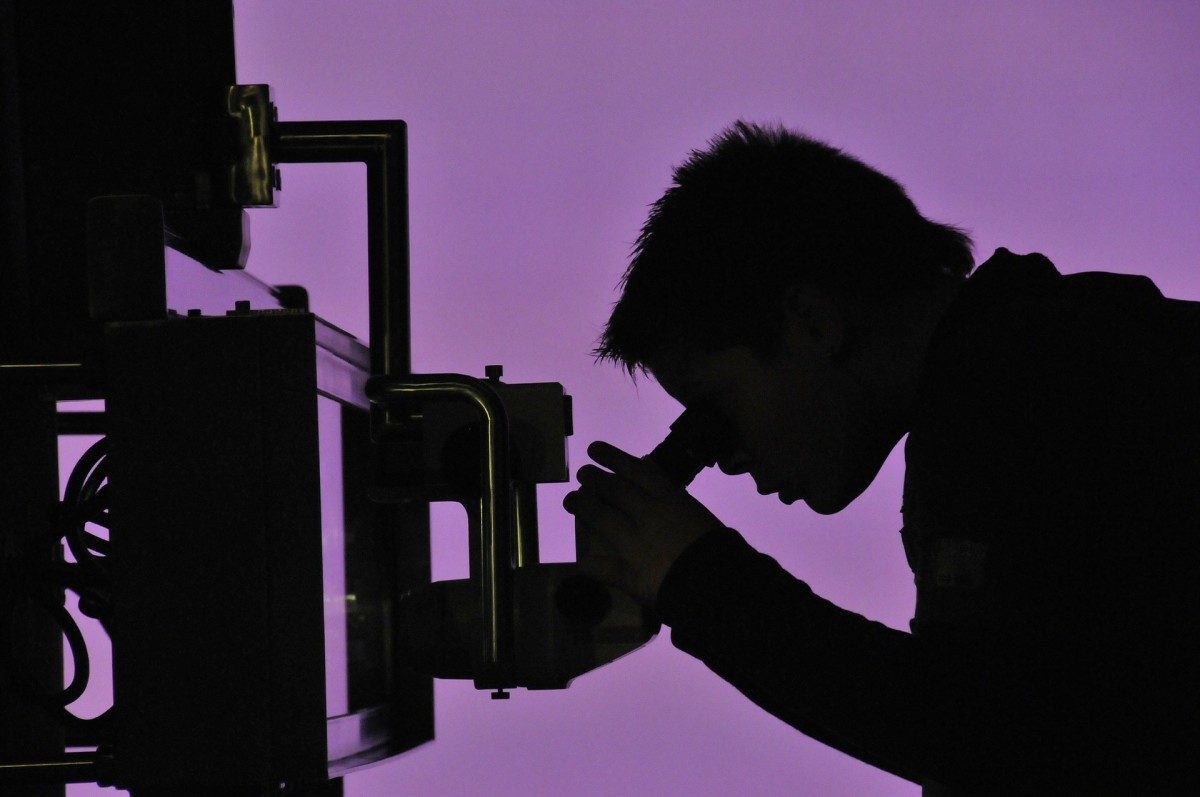
Six new Canada Research Chairs, two renewed
Six new Canada Research Chairs have been awarded to University of Manitoba professors and another two have been renewed. All the chairs but two focus on the health of Canadians.
The announcement of $5.8 million for U of M researchers came from Ottawa on May 4, 2017.
“These Canada Research Chairs who are receiving this support from the Government of Canada are leading crucial investigations into a wide-range of problems our society is facing, and the results of their incredible work, boosted by this funding announcement, will have profound effect on the health and prosperity of Canadians,” says Digvir Jayas, Vice-President (Research and International) and Distinguished Professor at the University of Manitoba.
The Researchers
Ties Boerma
Chair in Population and Global Health
The expected outcome of the proposed research program on Population and Global Health is improvement in monitoring of progress towards universal health coverage in the context of the United Nations’ Sustainable Development Goals.
The program’s objectives are to improve the measurement of the coverage of health interventions, including health promotion, prevention and treatment and to enhance the monitoring and evaluation of health programs at subnational levels
Andrew Halayko
Chair in Chronic Lung Disease Pathology and Treatment
This Chair’s research will support the identification of unique markers of lung disease and the development of new therapies for chronic lung diseases, such as asthma.
Asthma is the primary reason children attend emergency rooms, and chronic obstructive pulmonary disease – called COPD or emphysema – is becoming the fourth leading cause of death globally. Current therapies are not effective for all patients, nor do they reverse disease.
As Chair in Chronic Lung Disease Pathology and Treatment, Andrew Halayko’s research is uncovering the molecular and cellular basis of asthma pathobiology, and he uses this information to identify new treatments.
Jason Kindrachuk
Canada Research Chair in Molecular Pathogenesis of Emerging and Re-Emerging Viruses
Rapid responses to outbreaks such as Zika and Ebola often rely solely on supportive care due to a limited understanding of the pathologic or molecular processes of disease. As Canada Research Chair in Molecular Pathogenesis of Emerging and Re-Emerging Viruses, Kindrachuk ‘s research aims to characterize the complex relationships between the cellular responses to emerging and re-emerging viruses and the clinical manifestations of disease. In particular, he will focus on those viruses that pose the greatest threats to public health and for which few, if any, therapies are available.
Specifically, he will investigate how host cells and tissues respond to these viruses at the level of complex cell signaling networks. Kindrachuk’s work is conducted at the interface of basic science and clinical research to accelerate the translation of knowledge towards therapeutic development.
Robert Lorway
Chair in Global Intervention Politics and Social Transformation
As Chair in Global Intervention Politics and Social Transformation, Robert Lorway will uncover the social effects of increasingly evidence-driven global interventions. This program will help global policy-makers, scientific experts, and practitioners to develop more democratic ways of designing, executing, and monitoring global interventions.
One focus of Lorway’s research examines what happens when disenfranchised communities in parts of Asia and Africa become more and more entangled in evidence production procedures required by global funders. Using global health contexts as a case study, he is analyzing the unexpected social transformations that take place when expert knowledge is reassembled by communities to establish political networks that span multiple nations, challenge scientific authority, and affect access to resources. His research is revealing how the very ground of political thinking is being transformed by “evidentiary sovereignty”, a concept he defines as the power to determine the knowledge that is deemed admissible in global decision-making arenas.
Michael Pickles
Chair in Mathematical Modelling and Global Public Health
As Canada Research Chair in Mathematical Modelling and Global Public Health, Mike Pickles aims to develop innovative mathematical models that describe the real-world complexity of the treatment and prevention of HIV and other sexually transmitted infections (STIs). This research will help policy-makers to improve HIV/STI prevention and control measures in Canada and globally.
Mathematical modelling is a powerful tool to help in designing and evaluating HIV prevention programmes, providing long-term projections of their impact and cost-effectiveness. Through improved quantitative understanding of these factors, prevention programmes can be designed to address or mitigate them. Pickles’s research will have a significant impact on global public health by enabling policy-makers to tailor HIV/STI prevention programmes to ensure that they maximize the health benefits and are cost-effective as possible.
Marcelo Urquia
Chair in Applied Population Health
As Chair in Applied Population Health, Marcelo Urquia will clarify the role of sociocultural influences on health and inform policy and programs. This research will advance our understanding of how everyday life conditions and exceptional life events (e.g., pregnancy, a serious disease, immigration, incarceration, among others) affect the health and well-being of different family members and population subgroups. This research program will further translate research findings into lessons learned to inform policy and initiatives aiming at improving people’s lives by promoting health and well-being.
Our working knowledge of the relationship between social forces and health is limited. One example is our limited understanding about how family composition and household dynamics affect the health of different household members. This limitation stems from the inability to relate family and household members in previous research. Urquia’s research program aims at overcome this and other limitations affecting the relevance and applicability of population health research.
Tamra Werbowetski-Ogilvie
Canada Research Chair in Neuro-oncology and Human Stem Cells, renewed chair
Tamara Werbowetski-Ogilvie’s research will lead to the development of new biomarkers and treatment strategies for pediatric brain tumours, with the goal of halting the growth and spread of these devastating diseases.
Brain tumors are among the most prevalent forms of childhood cancers accounting for nearly 20 per cent of all new cases. Medulloblastoma, the most common malignant primary childhood brain cancer, is often characterized by the spread of the cancer cells to other tissues and poor long-term prognosis. Current treatments are harsh on the developing brains of young children.
Recent studies have shown that there are four kinds of medulloblastoma and each type has a unique genetic makeup and responds differently to currently available therapies. As Canada Research Chair in Neuro-Oncology and Human Stem Cells, Tamra Werbowetski-Ogilvie aims to find new treatments for each type by characterizing the cells that control growth, cancer stem cells as well as those tumor cells that move or metastasize to other parts of the body leading to poor outcome.
By identifying proteins that help the tumors “grow or go”, Dr. Werbowetski-Ogilvie will establish a cellular fingerprint that can be exploited for development of new therapies to kill the cancer cells while sparing normal cells and improve the quality of life for childhood survivors.
Zhenyu Wu
Chair in Entrepreneurship and Innovation, renewed chair
Zhenyu Wu’s research addresses how family involvement and characteristics of top management teams jointly affect firms’ entrepreneurial activities in international settings. As Chair in Entrepreneurship and Innovation, Wu’s research will help Canadian entrepreneurs and decision makers in entrepreneurial firms, financial institutions, and other potential stakeholders better understand the determinants of promoting entrepreneurial activities in order to improve employment and economic growth.
Wu will explore the interactions between and among country-, firm- and individual-level factors on entrepreneurial activities, and explaining how family involvement and top management team’s demographics jointly influence entrepreneurial activities in international contexts. Wu’s findings will shed light on the mechanisms that promote entrepreneurship and improve entrepreneurial firms’ long-term competitiveness, and add to our knowledge by incorporating both economic and non-economic goals of family firms in their entrepreneurial activities.
Research at the University of Manitoba is partially supported by funding from the Government of Canada Research Support Fund.














